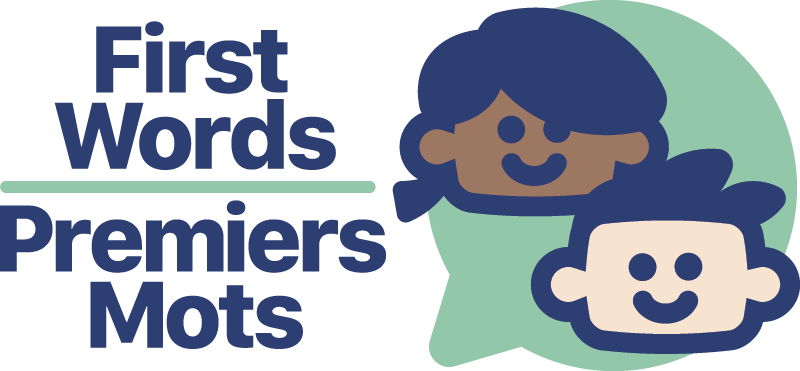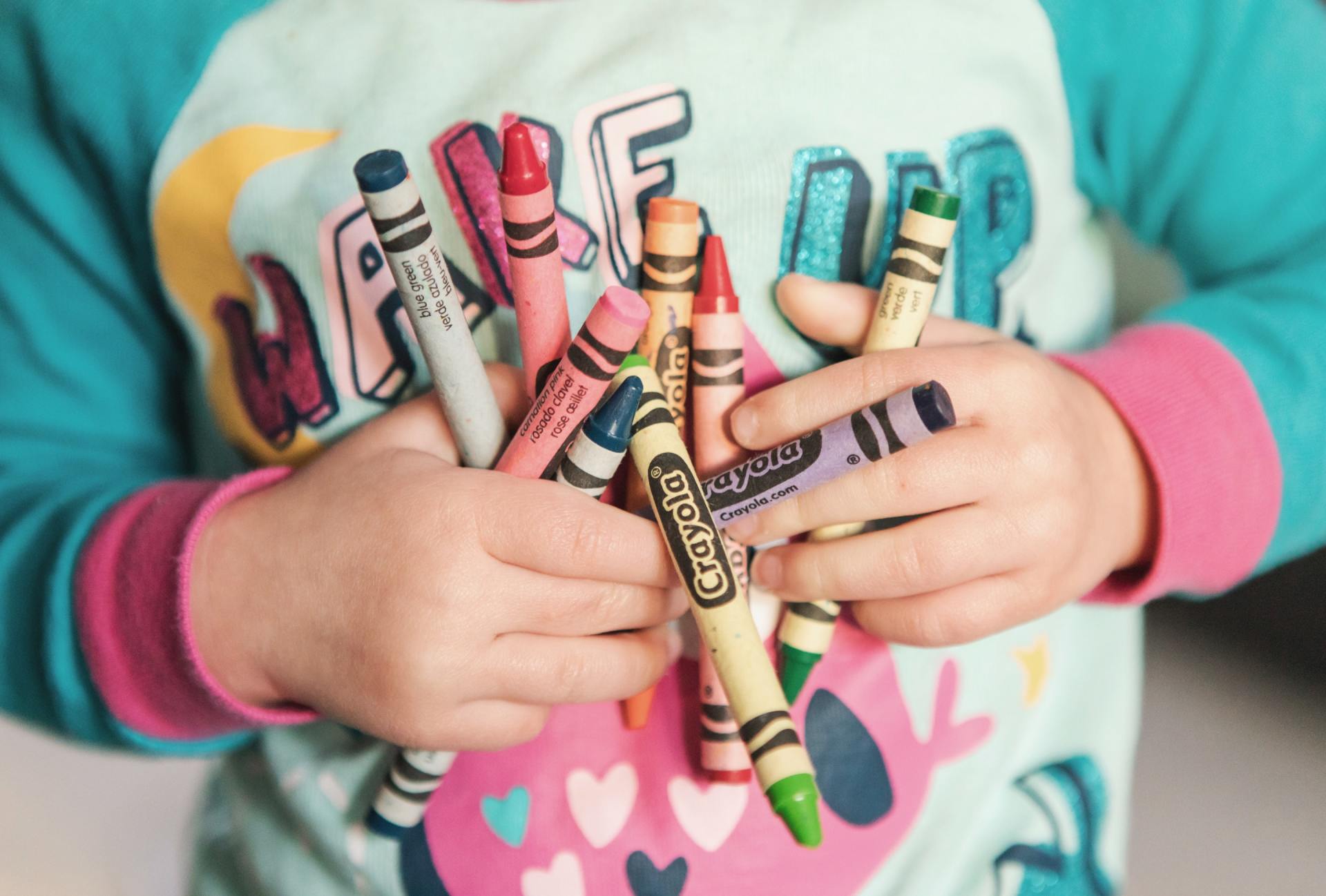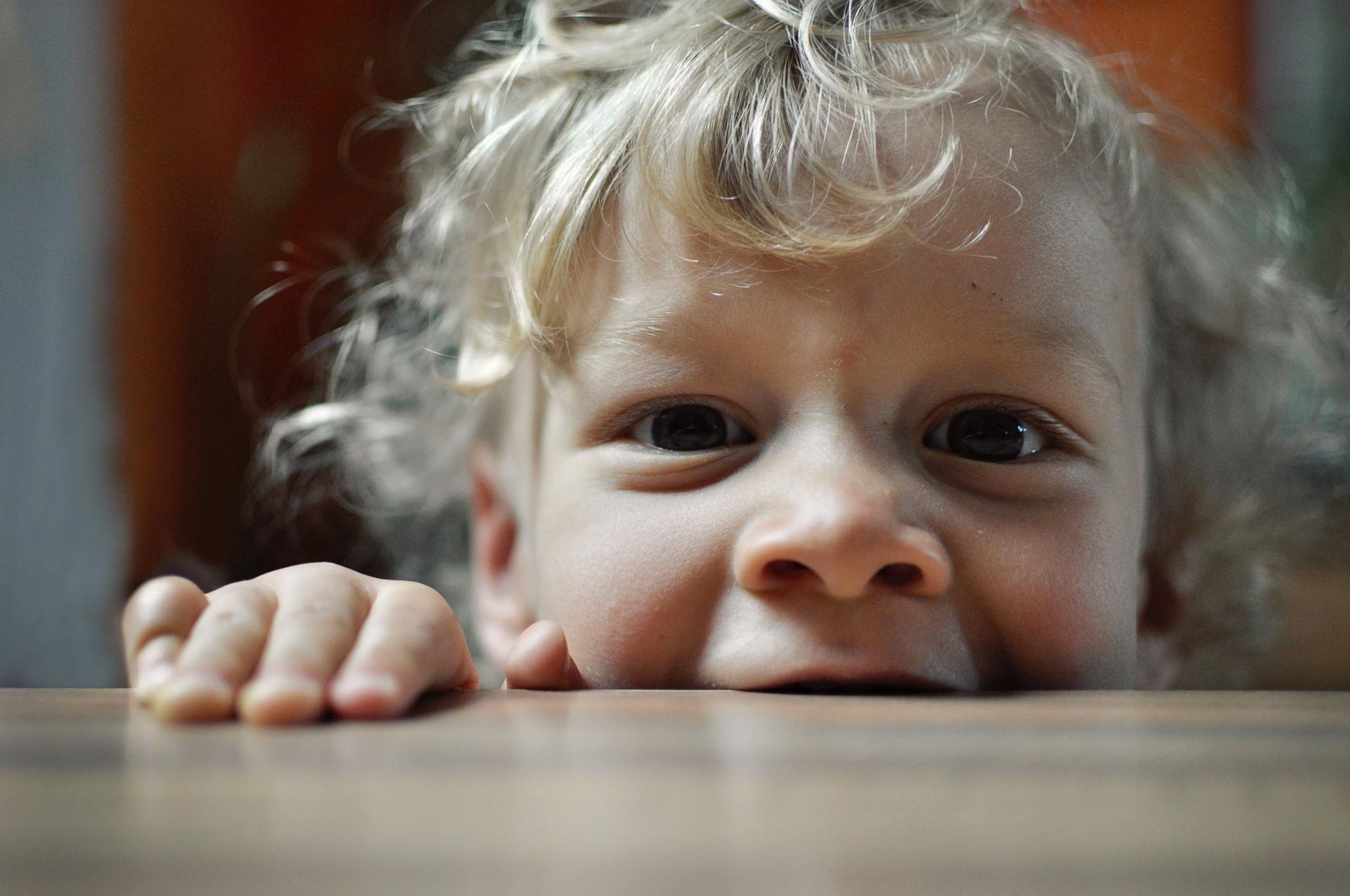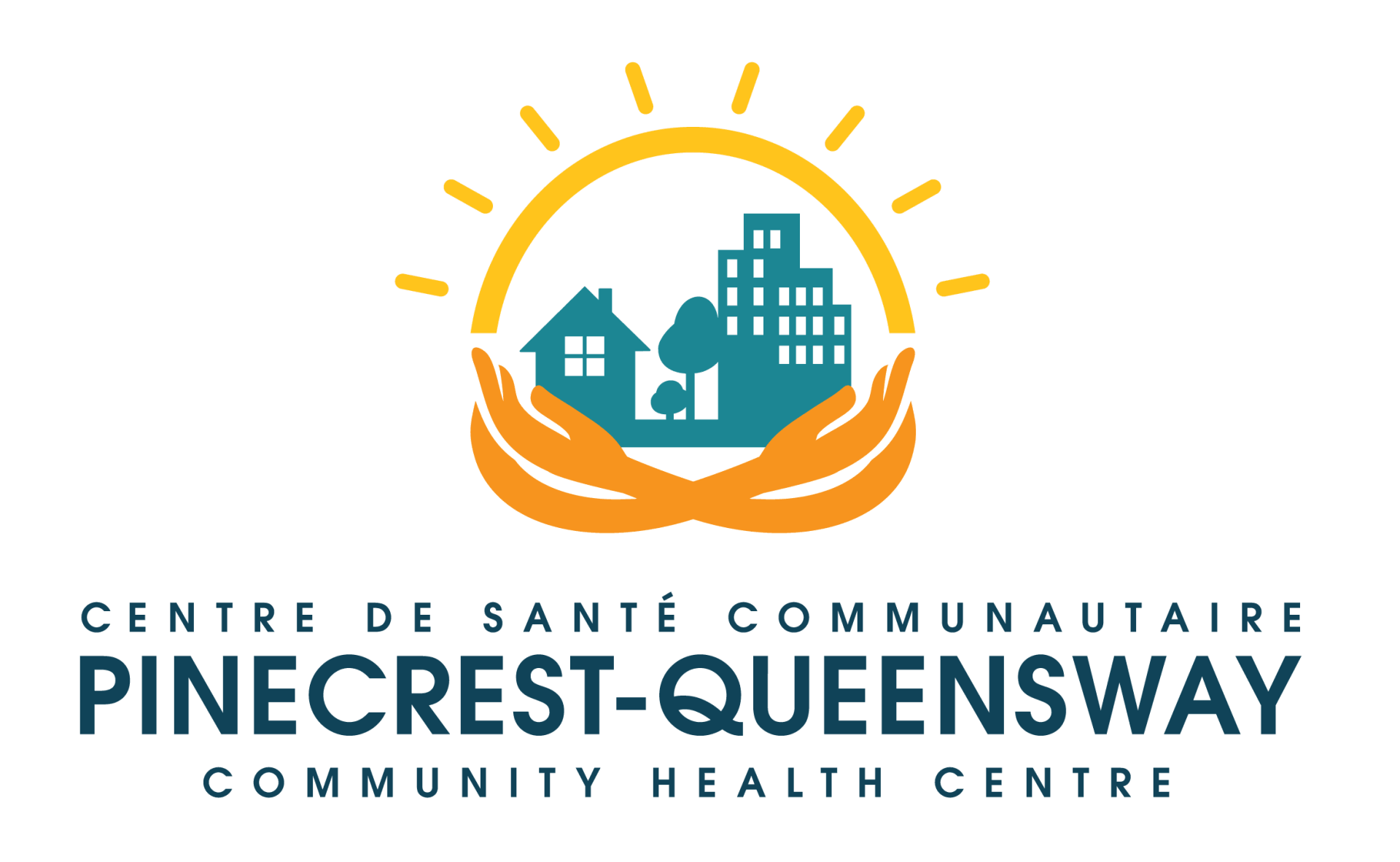Sound Play
First Words Ottawa & Renfrew County • March 25, 2020
Playing with sounds is important for learning language.
Babbling is the beginning of sound play that will help children learn to talk and, later, read and write. Babies use a variety of vowels and consonants to babble. As they age, they are able to put more and more sounds together so that by 12 months they are able to form words. Later still, their ability to play with words and the sounds that they are made up of provide the basis for reading and writing.
Remember that sounds
develop in a predictable way and it takes time for children to master them all.
Here are some things you can do to help children learn to speak clearly:
- Speak clearly. Children will imitate you.
- Interpret what a child says to let them know that their message is understood. It builds their confidence and also provides a model of how to say what they want to say.
- Repeat the sounds, words and sentences your child says the correct way. This confirms to your child that you have understood.
- Speak to children face to face and encourage them to watch your mouth when you talk. Use other cues to help them make the sound (ex. “s” is the snake sound).
Remember to play with sounds every day:
- Babble with babies: coo, imitate and add new sounds.
- Sing and recite nursery rhymes so children can hear sound patterns.
- Read books that incorporate rhymes.
- Take turns imitating silly sounds, noises in the environment or funny words (ex. train sound, animal sounds).
- Play sound bingo and lotto games.
- Talk about how words sound the same and different. Choose a word and find as many rhyming words as you can. Remember that is okay to make up nonsense words (ex. monkey, flunky, dunkey…).
- Link letters to their sounds: Point out letters around you and practice making their sounds. Trace the letters on paper and in sensory bins.
- Choose the sound of the week. Identify words and objects that start with the sound. Play guessing games with objects that begin with that letter (i.e. “b” = bear, banana, boat, etc).
- Talk about how long or how short words are. Show them the difference in the books you read or by comparing children’s names.
- Show children that words have syllables. Break up words by clapping once for each syllable.
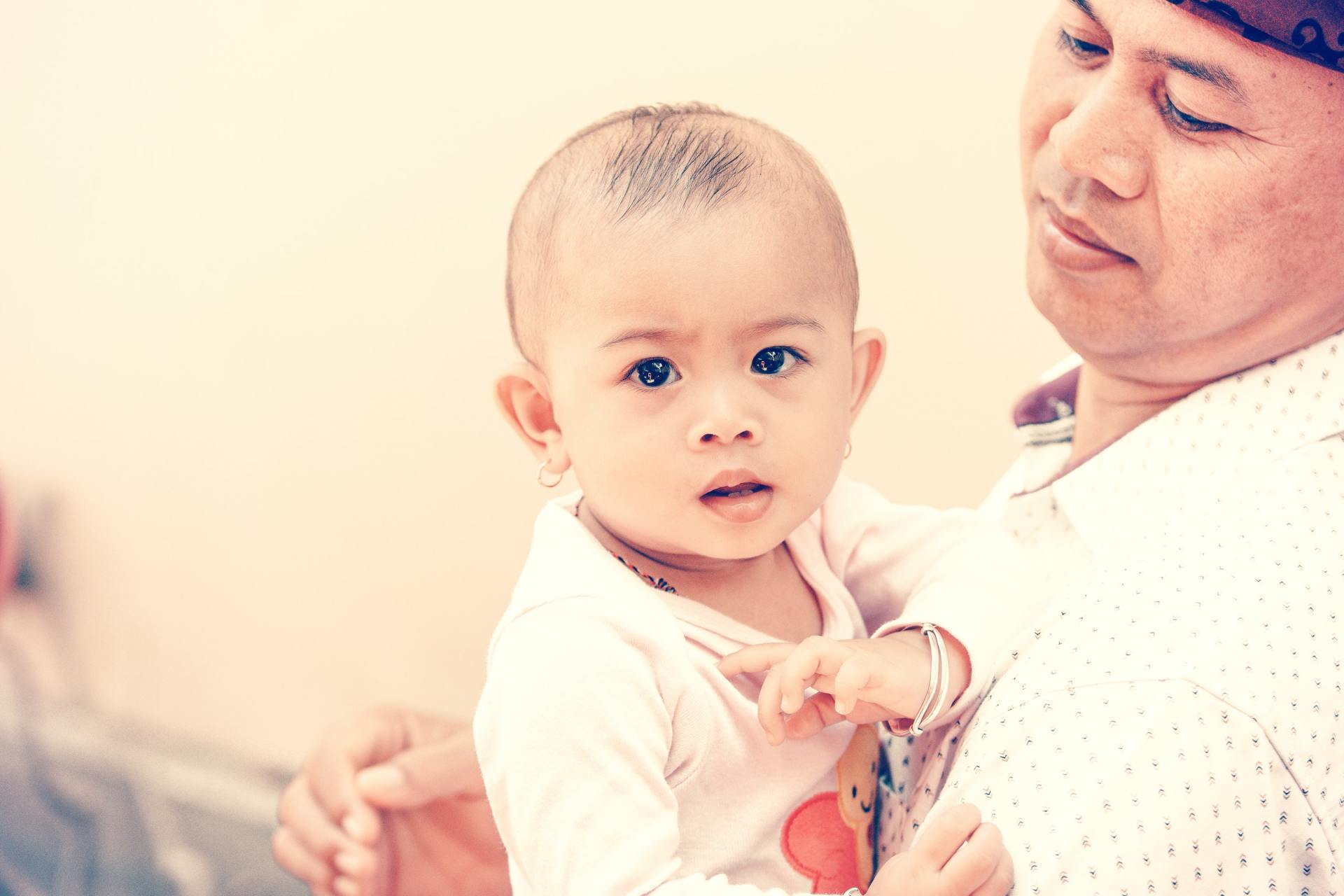
Although young babies don’t understand the meaning of your words, they understand a lot by the way that you touch and hold them. They also learn from the expression on your face, the tone of your voice and the gestures that you make. Remember it is by talking to them that they learn words. Surround your baby with words when you feed, diaper and play with them.

